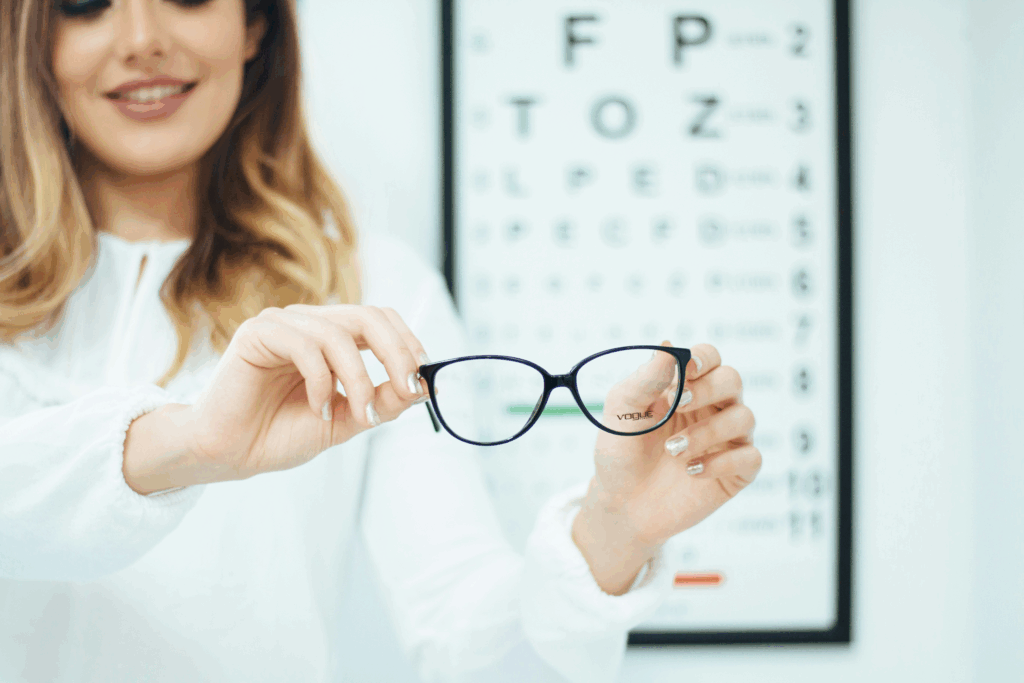Optometrists play a vital role in delivering essential vision care. However, the financial side of running a practice—especially when it comes to taxes—can be complex. One area that often raises questions is the Harmonized Sales Tax (HST) and how it applies to the various services and products optometrists offer. This guide clarifies when HST applies and what optometrists need to consider to remain compliant.
What Is HST?
The Harmonized Sales Tax (HST) is a value-added tax that merges the federal Goods and Services Tax (GST) with provincial sales tax in certain provinces. Currently, HST is applicable in:
-
- Ontario
-
- New Brunswick
-
- Newfoundland and Labrador
-
- Nova Scotia
-
- Prince Edward Island
Provinces outside this group use a combination of GST and separate provincial sales taxes.
When Does HST Apply to Optometrists?
The applicability of HST to optometry services depends on the nature of what’s being offered. While many services provided by optometrists are considered healthcare and therefore exempt from HST, sales of certain products and other non-healthcare activities may be taxable.
- Professional Services (e.g., Eye Exams)
Diagnostic and therapeutic services, such as eye exams, are classified as exempt under the Excise Tax Act, so optometrists do not charge HST for these services. - Prescribed Eyewear and Contact Lenses
Corrective eyewear and contact lenses prescribed by an optometrist are zero-rated for HST purposes. While no HST is charged to the customer (0% rate), optometrists can still claim Input Tax Credits (ITCs) on related business expenses, such as purchasing frames or lenses. - Non-Prescription Eyewear and Accessories
Items like non-prescription sunglasses, reading glasses, eyeglass cases, and lens cleaners are taxable. In HST provinces, optometrists must charge the full HST rate on these products. - Other Optical Supplies and Equipment
Sales of vision-related products that don’t meet the definition of medical devices—such as safety goggles or fashion eyewear—are also subject to HST. Optometrists must account for these sales accordingly under standard HST rules.
Input Tax Credits (ITCs)
Even when services are exempt or zero-rated, optometrists may still incur HST on operational expenses. While ITCs can be claimed for costs related to taxable and zero-rated activities, expenses tied solely to exempt services (like eye exams) are not eligible for ITCs. Accurate expense tracking is essential to distinguish which costs qualify for ITCs and which do not.
HST Registration Requirements
Optometrists are required to register for an HST account if they earn over $30,000 in taxable sales within a calendar year. This includes sales of non-prescription eyewear and other taxable products. Those offering only exempt services (e.g., eye exams) are not required to register, but voluntary registration is an option if they want to claim ITCs for business-related expenses.
Practical Tax Tips for Optometrists
- Separate Your Sales
Maintain distinct records for exempt services, zero-rated goods, and fully taxable items to ensure accurate tax reporting. - Know Your Rates
Be aware of differing tax rates across provinces, especially if you operate in multiple locations or offer products online. - Stay Organized
Once registered, ensure timely filing of HST returns—monthly, quarterly, or annually, based on revenue. Detailed bookkeeping is crucial for maximizing
ITCs and staying compliant.
Final Thoughts
Navigating HST doesn’t have to be overwhelming. With a clear understanding of how the tax applies to your services and products, and by maintaining well-organized records, optometrists can stay compliant and make informed financial decisions. For tailored advice on HST registration, ITC claims, or tax planning, consulting a professional accountant is always a wise step.
This article is a general discussion of certain tax and accounting matters and should not be relied upon as tax or accounting advice. If you require tax or accounting advice, we would be pleased to discuss the issues in this article with you.


